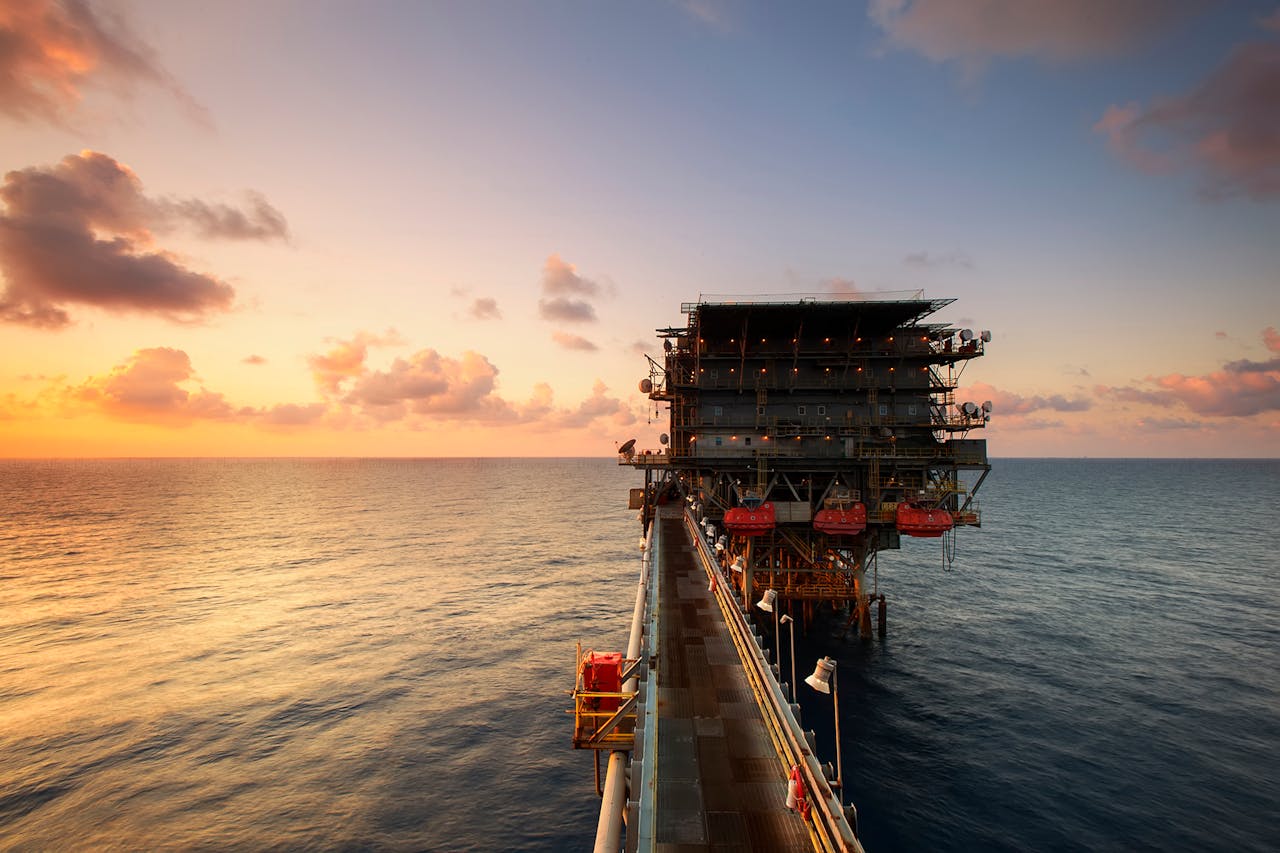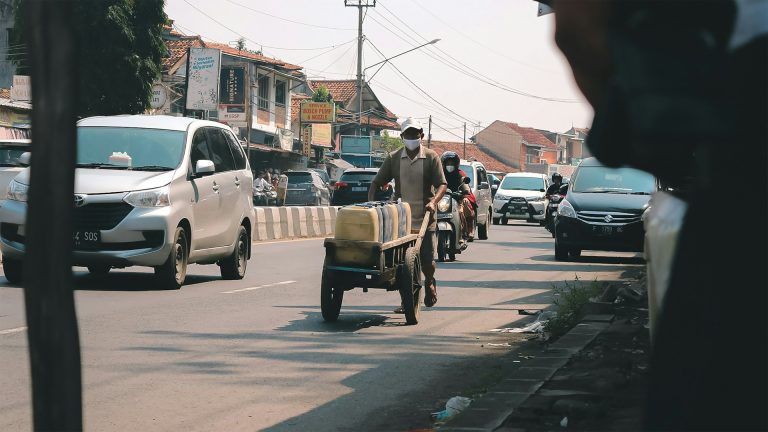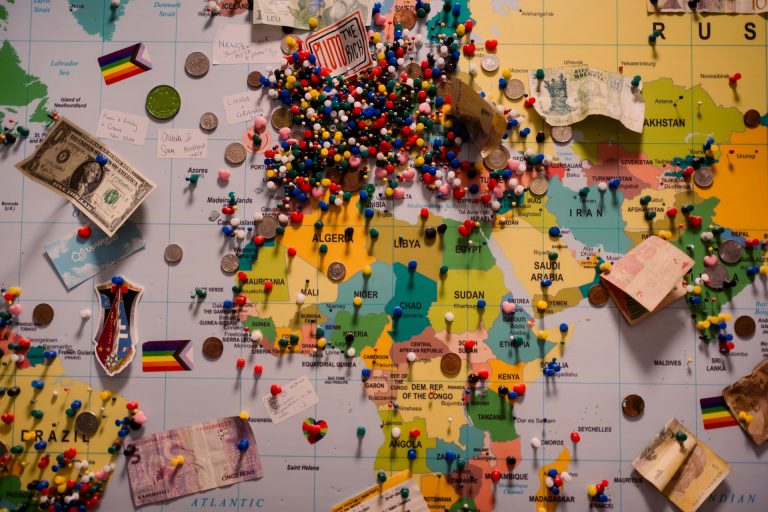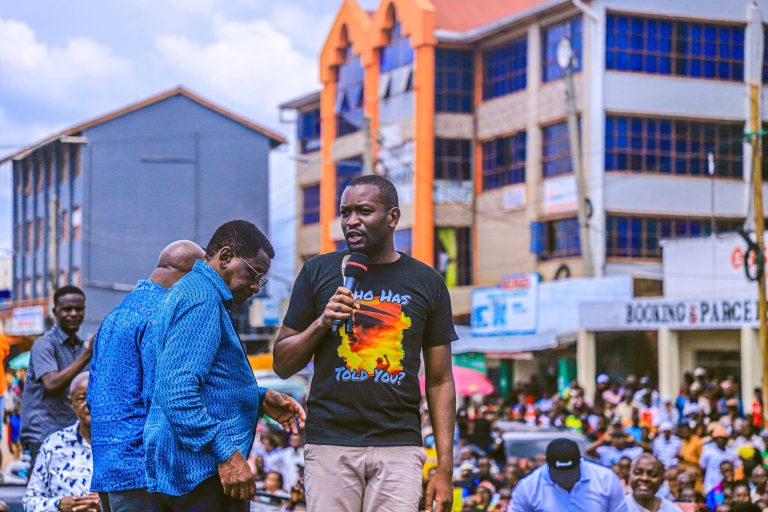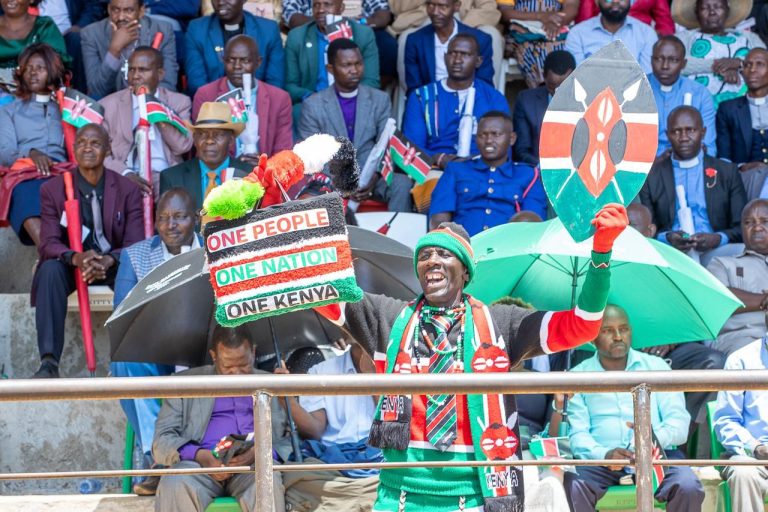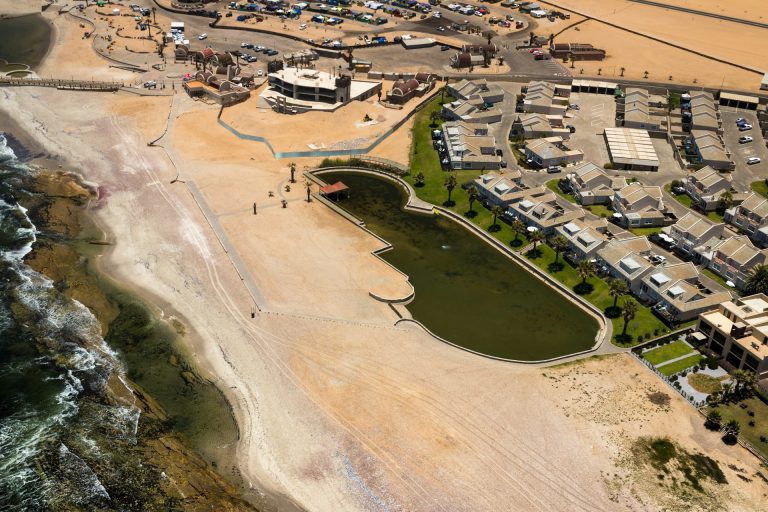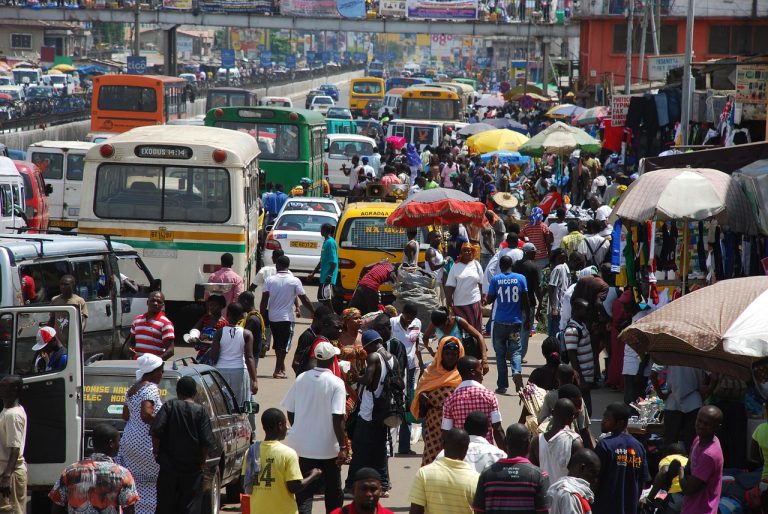- Senegal sells first 2.9mn barrels from Sangomar field
- Experts urge transparency, long-term planning to avoid oil curse
DAKAR, SENEGAL – Senegal has officially joined the ranks of oil-producing nations, selling 2.9 million barrels from its offshore Sangomar field in September – a milestone hailed as dawn of a new economic era.
But analysts are warning that without discipline and transparency, the West African nation could fall victim to the familiar “resource curse.”
Operated by a consortium led by Australia’s Woodside Energy, the Sangomar field is expected to ramp up to 100,000 barrels a day in the coming months, positioning Senegal as a rising energy player on the global stage.
Oil and gas expert Maham Thiam called the discovery “a historic opportunity,” but cautioned that it comes with serious governance risks.
“The discovery and exploitation of oil and gas in Senegal is a historic opportunity, but it comes with a well-documented risk: the resource curse,” Thiam told Allen Dreyfus.
“For the population to directly perceive the benefits, a multidimensional, transparent, and rigorous approach is essential. Be transparent to the point of obsession with revenues and contracts.”
Thiam urged the government to save part of the new revenues in a sovereign wealth fund, invest wisely in education and infrastructure, and ensure oil companies train and employ Senegalese citizens.
“The key to success lies in an unwavering political will to prioritise the long-term general interest over short-term particular interests,” he said.
He also stressed that Senegal must not only remain a compliant member of the Extractive Industries Transparency Initiative (EITI) but go further by “proactively and accessibly publishing all contracts, revenues received by the state, and company profits.” Strengthening institutions such as the General State Inspectorate and the Court of Auditors, he added, would be critical “to track corruption and embezzlement.”
Local benefits and global risks
The country’s new oil wealth could create a thriving value chain for local firms, Thiam noted, from subcontracting in technical services to logistics, finance, and law.
“For Senegalese companies, this is an unprecedented opportunity to develop, move upmarket, and participate in a high-value-added economy,” he said. “Major oil companies outsource a large part of their needs – from manufacturing and machining to legal and financial services.”
But with opportunity comes danger. Thiam warned of macroeconomic risks such as the “Dutch disease,” in which large inflows of foreign currency drive up the local currency and make other exports less competitive.
“This could make all the country’s other exports – agriculture, fishing, manufactured goods – more expensive and less competitive,” he explained. “Social tensions could also rise if public expectations for rapid transformation are not met.”
He cautioned that competition for oil wealth could inflame political or ethnic divisions, saying, “Each group will try to get a share of it.”
A turning point watched by the world
The flow of Senegal’s first barrels marks a defining moment. Yet, Thiam said the true measure of success will not lie in barrels sold or GDP growth, but in how the country converts its windfall into resilience and equity.
“Economically, the challenge is to transform oil revenues into sustainable and shared prosperity, avoiding the pitfalls that have plagued other oil-producing countries,” he said. “Diplomatically, Senegal now has the chance to move from being a ‘good student’ to an influential leader in Africa and beyond.”
As the world watches, Senegal’s entry into the oil era is seen with both optimism and caution – a test of governance as much as a test of fortune.
